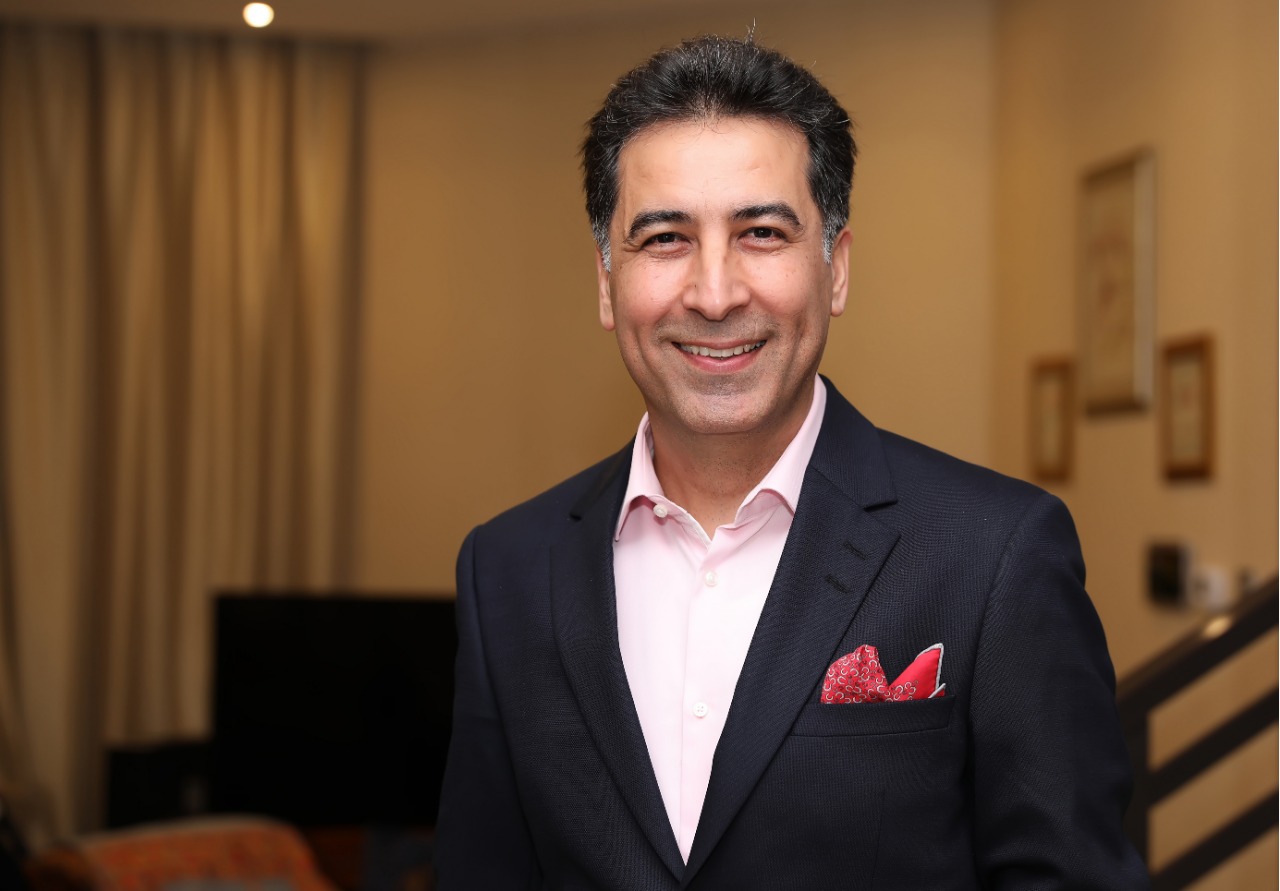 Kenya Association of Manufacturers board director and Apparel Manufacturers and Exporters (EPZ) sector chair Pankaj Bedi/ HANDOUT
Kenya Association of Manufacturers board director and Apparel Manufacturers and Exporters (EPZ) sector chair Pankaj Bedi/ HANDOUT
On September 30, Agoa, the trade framework that has cemented Kenya’s position as Sub-Saharan Africa’s apparel manufacturing hub, is set to expire.
The US Congress is broadly supportive of its renewal, with Democrats and Republicans aligned. But support in Washington means little if Kenya itself is not urgently and visibly fighting for its survival.
I speak as an investor who has built factories here, not because Kenya offered the cheapest labour or the fastest ports, but because it had something no one else could match: guaranteed duty-free access to the US market.
That single advantage to Kenya has anchored billions of shillings in investment, sustained over 66,000 direct jobs in the apparel industry alone, with a one-to-one ratio of indirect jobs, and supported an estimated five dependents per worker. This means that approximately 660,000 Kenyans rely on apparel exports to the US under Agoa for their livelihoods.
The truth is blunt. Investors set up in Kenya to access the US duty-free. Competing against Bangladesh, Vietnam, or Egypt without it is untenable. Agoa has been our competitive edge. Without it, we risk losing a critical driver of growth, and Kenya’s seat at the global manufacturing table could disappear, erasing 25 years of progress.
These final days matter. Securing Agoa’s extension is an urgent national priority. The recent visit to Washington led by the Cabinet Secretary of Investment, Trade and Industrialisation, Lee Kinyanjui, demonstrates the government’s understanding of what is at stake.
But continuing such engagements will be essential until our agenda is achieved, as time is short and only strong government-to-government interactions can deliver results.
The US remains Kenya’s largest apparel export destination. In a world of shifting supply chains, Kenya can position itself as a stable, ethical source, but only if it retains this access.
Agoa is not only a trade agreement but a driver of jobs, stability and growth, supporting workers, cotton farmers, and logistics operators. Without it, jobs will vanish, and the shocks will ripple far beyond export zones.
If Agoa cannot be renewed in time, Kenya must pivot immediately to a fallback plan: a Kenya–US Free Trade Agreement built on Kenya’s longstanding strategic partnership with the US and the low level of trade competition between the two countries.
Kenya’s economy is a tiny fraction of America’s, $120 billion compared to $30 trillion. The US grows by $600 billion every year, five times the size of Kenya's entire economy.
A win-win FTA would secure supply chains, attract new investment and provide the predictability investors demand. In uncertain times, predictability is priceless.
A responsible nation also prepares for the worst. If neither Agoa nor a bilateral FTA is secured in time, Kenya must have a survival strategy ready, one that shields factories and workers from immediate collapse.
The geopolitical tensions and fractured supply chains have opened a narrow window for countries like Kenya to claim a bigger role in global manufacturing. If we act decisively, we could spark a new industrial and agricultural transformation. But such windows do not stay open forever.
The US is still the largest consumer market on earth. Long-term access to it could be a game-changer not just for textiles, but for agriculture, processed foods, and other value-added exports.
If Kenya aligns its policies to capture this opportunity, the benefits will ripple far beyond the export zones.
The writer is the Apparel Manufacturers and Exporters (EPZ) Sector Chair and a Board Director of the Kenya Association of Manufacturers.
He can be reached at [email protected].













